Posted on 12/20/2024
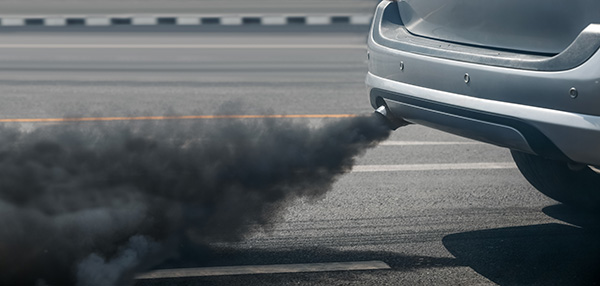
Ever noticed your car’s exhaust emitting smoke in unusual colors? While it may look dramatic, it’s often your car’s way of signaling that something isn’t quite right. Understanding the different exhaust smoke colors can help you figure out what’s going on under the hood and whether it’s time for a trip to the repair shop. Being aware of these signs can save you from bigger problems down the road. The Meaning Behind Each Smoke Color Your car’s exhaust system is designed to release emissions safely. But when smoke comes out in distinct colors, it’s a sign that something may be wrong. Each color points to a different issue, and paying attention can help you address it early. White Exhaust Smoke White smoke usually indicates that coolant is leaking into the combustion chamber. This is often a sign of a blown head gasket, a damaged cylinder head, or even a cracked engine block. Thin white vapor on cold mo ... read more
Posted on 11/29/2024
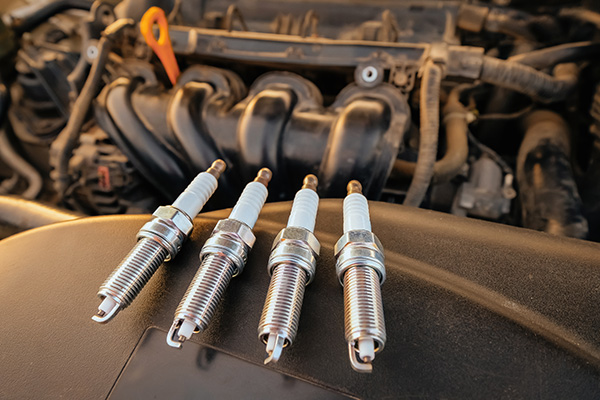
Ever felt that strange, unsettling shake while driving or heard an unexpected popping sound from under the hood? These symptoms often point to an engine misfire, a common issue that can impact everything from performance to fuel efficiency. Understanding what causes a car engine to misfire can help you act quickly, saving both time and money. Engine Misfires An engine misfire happens when one or more cylinders in your engine fail to combust the air-fuel mixture effectively. Since your engine relies on synchronized and consistent combustion in each cylinder, a single misfire disrupts the rhythm, causing that familiar jolt or stuttering you might feel on the road. It’s more than just an annoyance; misfires can reduce fuel economy, produce harmful emissions, and lead to long-term engine damage if left unaddressed. Common Causes of Engine Misfires Engine misfires stem from various factors, usually tied to issues in the ignition, fuel, or air syst ... read more
Posted on 10/31/2024
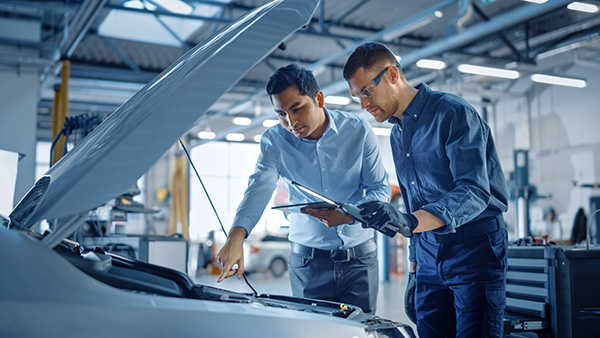
Experiencing hesitation when accelerating is more than just a minor annoyance—it could be a sign that something deeper is going on with your vehicle. When you hit the gas and the car stutters, lags, or feels unresponsive, it indicates a mechanical or electrical issue that needs attention. But what exactly causes this hesitation? Let’s take a closer look at some of the most common reasons your car may hesitate when you accelerate. Fuel System Issues One of the primary reasons for hesitation during acceleration lies within your vehicle’s fuel system. If your engine isn't getting enough fuel, it won’t respond as expected when you press down on the gas pedal. Several components in your fuel system could be at fault: Clogged Fuel Injectors Over time, fuel injectors can become clogged with debris and carbon deposits. This restricts the flow of fuel to the engine, causing hesitation and poor performance. Regular fuel injector cl ... read more
Posted on 9/27/2024
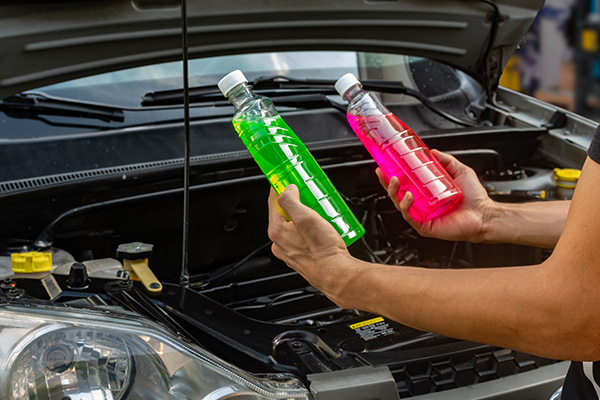
As the fall season approaches, the drop in temperature can bring a whole host of changes for your vehicle. Ensuring your car is ready for the cooler months isn't just about convenience—it's also crucial for safety and performance. Before the chill sets in, taking the time to perform some essential maintenance checks will help prevent breakdowns, improve driving conditions, and keep your car running smoothly through the fall and into the winter months. So, what exactly should you be looking at? Let’s explore the key areas to focus on as autumn rolls in. Tires One of the first things you should inspect before the cooler weather hits is your tires. As temperatures drop, the air pressure in your tires decreases, which can lead to underinflated tires. Driving on underinflated tires reduces your car’s fuel efficiency, increases wear and tear, and negatively impacts handling. Use a tire pressure gauge to ensure that your tires are inflated to the ... read more
Posted on 8/30/2024

Driving at night presents a unique set of challenges. Reduced visibility, glare from oncoming headlights, and the increased likelihood of encountering fatigued or impaired drivers all contribute to the heightened risk of accidents after dark. However, there are effective strategies you can employ to mitigate these risks and ensure a safer nighttime driving experience. Let's explore five essential tips to enhance your safety while driving at night. Tip 1: Optimize Your Headlights Your car's headlights are your primary source of illumination on dark roads, making their maintenance crucial. Regularly check your headlights to ensure they're clean and functioning correctly. Dirt, grime, and oxidation can significantly reduce their effectiveness. It's also essential to ensure your headlights are properly aligned. Misaligned headlights can reduce your ability to see the road clearly and can also blind oncoming drivers. If you're unsure how to check or ad ... read more
Posted on 7/26/2024
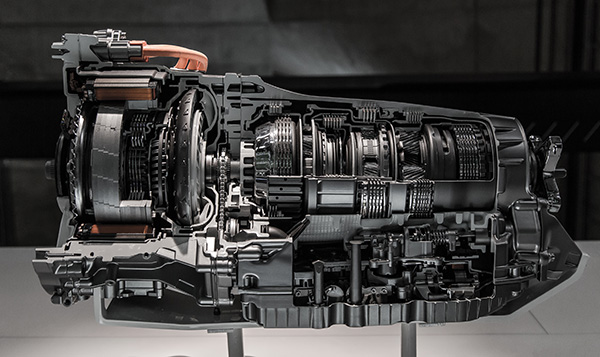
Transmission maintenance is one of those things that car owners often overlook until it's too late. But when it comes to keeping your vehicle running, few things are as important as a well-maintained transmission. Among the various maintenance tasks, technicians often recommend a transmission flush. But is it really necessary? The Transmission in a Car Before we can decide if a transmission flush is necessary, it's important to understand what the transmission does. Essentially, the transmission transfers power from the engine to the wheels, allowing your car to move at different speeds. There are two main types of transmissions: manual and automatic. Regardless of the type, the transmission contains a complex system of gears and compone ... read more
Posted on 6/27/2024
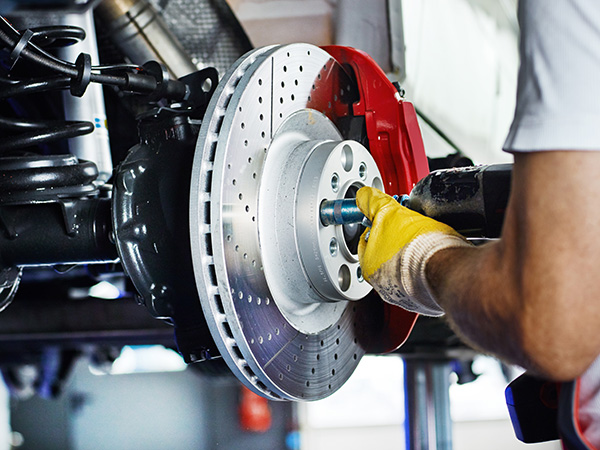
When it comes to car maintenance, understanding the intricacies of your vehicle's braking system is crucial. Have you ever wondered why your brake pads seem to need replacement more often than your brake rotors? It's a common scenario for many drivers, but why's this frequent wear and tear? We'll explain the details and uncover why brake pads wear out faster than brake rotors. Understanding the Basics Before we explain the reasons for the differing wear rates, let's grasp the basic functions of brake pads and rotors. Brake pads are the components that apply pressure and friction to the brake rotors, causing the vehicle to slow down or stop. Rotors, on the other hand, are the discs that the brake pads clamp down on. Both parts are critical to the braking process, but they play different roles and endure different stresses. Material Composition One of the primary reasons brake pads wear out faster is the difference in material com ... read more
Posted on 5/28/2024
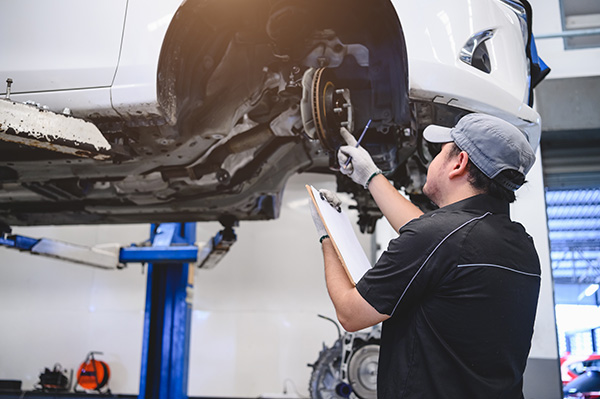
When it comes to vehicle maintenance, we often focus on big-ticket items like oil changes and tire rotations. However, one crucial aspect tends to fly under the radar: brake fluid. We'll share why getting a brake flush is necessary for safer braking and how it directly impacts driving safety. 1. The Role of Brake Fluid Brake fluid is the lifeblood of your vehicle's braking system. It transmits the force from your foot on the brake pedal to the brake calipers, which clamp down on the brake discs or drums. Without proper brake fluid, your brakes won't function optimally, compromising your safety on the road. 2. Contaminants and Moisture Over time, brake fluid absorbs moisture from the air, leading to contamination. This moisture can cause corrosion within the brake lines, calipers, and master cylinder. As a result, the fluid's effe ... read more
Posted on 4/27/2024

Navigating the roads in heavy traffic can be daunting and stressful. However, mastering a few key techniques can significantly enhance safety and confidence while driving in such conditions. 1. Maintain a Safe Following Distance One of the most crucial aspects of driving in heavy traffic is maintaining a safe following distance. Keeping a sufficient gap between your vehicle and the one in front allows for better reaction time and reduces the risk of rear-end collisions. 2. Stay Alert and Focused Heavy traffic requires heightened levels of attention and concentration. Avoid distractions such as using your phone or adjusting the radio. Stay focused on the road ahead and be prepared to react quickly to changing situations. 3. Use Your Mirrors Effectively Constantly check your mirrors to monitor the movement of surrounding vehicle ... read more
Posted on 3/28/2024

Navigating through construction zones can be a challenging experience, requiring drivers to adapt to changing road conditions and potential hazards. Whether it's a major highway expansion or a local road repair project, understanding how to safely navigate construction sites is essential for a smooth and stress-free drive. Below are some of our practical tips to help you maneuver through construction zones with confidence. 1. Stay Informed and Plan Ahead Before hitting the road, check for construction updates and road closures. Many navigation apps provide real-time traffic information, allowing you to plan alternative routes if needed. Staying informed helps you avoid unexpected delays and ensures a smoother journey. 2. Follow Posted Speed Limits Construction zones often have reduced speed limits for the safety of both drivers and workers. Pay ... read more